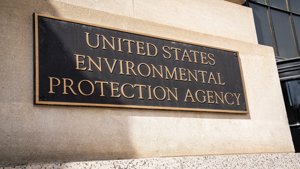
Trump Seeks DOGE Access to SSA Systems
The administration of United States President Donald Trump has formally petitioned the U.S. Supreme Court to grant the Department of Government Efficiency (DOGE), led by Elon Musk, access to the Social Security Administration’s (SSA) systems. The move is part of the administration’s broader initiative to combat government inefficiency and identify potential misuse of federal funds.
According to the government’s filing, DOGE requires access to the SSA systems in order to investigate and reduce what it describes as systemic waste within the agency. Musk has previously criticized the SSA, referring to it as a “Ponzi scheme,” and has made restructuring federal bureaucracies a central goal of his tenure at DOGE.
This request follows a decision by District Judge Ellen Hollander, who ruled against DOGE’s attempt to gain access. In her opinion, Hollander characterized the team’s actions as a “fishing expedition at SSA, in search of a fraud epidemic, based on little more than suspicion.” Her ruling effectively blocked DOGE from conducting its planned review and data collection efforts within the agency.
The White House has countered that the move is essential to root out inefficiency and abuse in one of the government’s largest entitlement programs. Officials argue that denying DOGE access impedes efforts to modernize and streamline public services, especially given the significant portion of the federal budget allocated to Social Security.
If the Supreme Court rules in favor of the administration, DOGE would gain authority to audit SSA records, analyze claims data, and recommend structural reforms. Legal experts expect the case to raise significant constitutional questions about executive oversight and privacy protections within federal agencies.
As the case awaits review, the decision could have far-reaching implications for the balance of power between executive reform initiatives and judicial constraints. A ruling in Trump’s favor would mark a major step in expanding DOGE’s influence across federal institutions.






